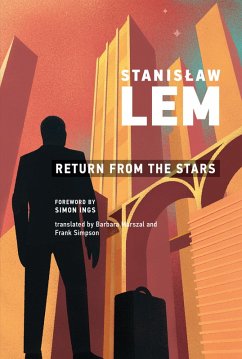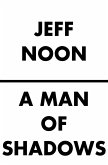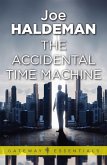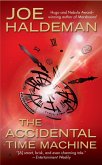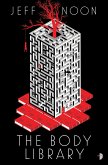Stanislaw Lem's Return from the Stars recounts the experiences of Hal Bregg, an astronaut who returns from an exploratory mission that lasted ten years—although because of time dilation, 127 years have passed on Earth. Bregg finds a society that he hardly recognizes, in which danger has been eradicated. Children are "betrizated” to remove all aggression and violence—a process that also removes all impulse to take risks and explore. The people of Earth view Bregg and his crew as "resuscitated Neanderthals,” and pressure them to undergo betrization. Bregg has serious difficulty in navigating the new social mores.
While Lem's depiction of a risk-free society is bleak, he does not portray Bregg and his fellow astronauts as heroes. Indeed, faced with no opposition to his aggression, Bregg behaves abominably. He is faced with a choice: leave Earth again and hope to return to a different society in several hundred years, or stay on Earth and learn to be content. With Return from the Stars, Lem shows the shifting boundaries between utopia and dystopia.
Dieser Download kann aus rechtlichen Gründen nur mit Rechnungsadresse in A, B, BG, CY, CZ, D, DK, EW, E, FIN, F, GR, HR, H, IRL, I, LT, L, LR, M, NL, PL, P, R, S, SLO, SK ausgeliefert werden.
The Washington Post
"In a cycle of melancholy sci-fi novels written in the late nineteen-fifties and sixties Eden, Solaris, Return from the Stars, Memoirs Found in a Bathtub, The Invincible, and His Master s Voice Lem suggested that life in the future, however remote the setting and however different the technology, will be no less tragic. Astronauts disembark from a spaceship into the aftermath of an atrocity; scientists face an alien intelligence so unlike our own that their confidence in the special purpose of human life falters. Lem was haunted by theidea that losses can overwhelm the human capacity to apprehend them."
The New Yorker
"The release of these new volumes seems to expand the possibilities of what a university publisher can do."
LitHub
The writing is leisurely and elaborate, with a lot of gorgeous descriptive set-pieces .Atypical work from a master, but carried off with characteristic panache.
Kirkus Reviews
"Lem's thought-provoking, reissued 1961 classic explores the questionable utopia that has emerged on a vivid future Earth through the eyes of an astronaut recently returned from the Fomalhaut star system, 23 light years away."
Publishers Weekly

